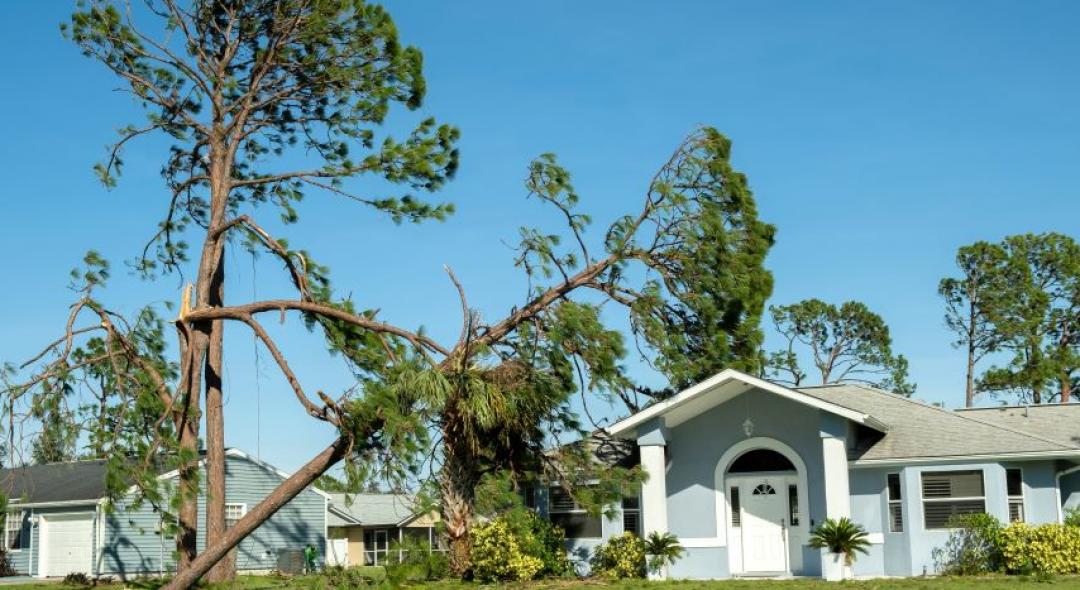
There are four different types of hot water heating systems for your home: gas furnaces, boilers, tankless, and heat pumps. Your choice depends on the demand, the winters in your area, and the price you are willing to pay.
Are you considering any of those hot water heating systems but feeling overwhelmed by the myriad options available? Fear not, because we will guide you through that diverse world, helping you make an informed choice tailored to your needs, starting now!
What Are The Four Types Of Hot Water Heating Systems?
Boilers, tankless heaters, heat pumps, and furnaces are the types of hot water heating systems you can find in the market. They all have their differences, so learn the best option for you by reading all its details below!
1. Boilers
Boilers come in various types, including traditional cast-iron boilers, modern condensing boilers, and combination boilers that provide both hot water and space heating. Each type has its own set of advantages, ensuring there is a perfect fit for every home. Hot water boiler heating system pipings are quite common.
2. Tankless Water Heaters
For those who prioritize energy efficiency and endless hot water tankless water heaters are a fantastic option. These compact units heat water on demand, eliminating the need for a storage tank and ensuring you never run out of hot water during those long, relaxing showers. They are more expensive than the other options, though.
3. Heat Pump Water Heaters
Harnessing the ambient heat from the air or ground, heat pumps for hot water heating systems offer an eco-friendly alternative. They are highly energy-efficient and work exceptionally well in moderate climates, making them a sustainable choice for the environmentally conscious homeowner. However, heat pump cleaning and installation make it a costly alternative.
4. Gas Furnace
A reliable and popular choice, gas furnace hot water heating systems offer efficient heating by burning natural gas or propane. With modern technology, these systems provide consistent warmth and are known for their cost-effectiveness.
Now, if you're having trouble with air coming from your system, please keep reading.
How To Remove Air From A Hot Water Heating System?
To remove air and maintain optimal performance, bleed the radiators, purge the air from the baseboards, and check the pressure of your hot water heating system. If you want to ensure the procedure will work properly, call a pro.
Bleed Radiators
Regularly bleed air from radiators by using a radiator key. Start from the lowest floor and work your way up, releasing air until only water flows out. This simple process ensures even heating throughout your home.
Purge Air From Baseboards
If your system has baseboard heaters, they may also trap air. Open the bleed valve, typically located at the end of the baseboard, until air bubbles disappear and only water remains.
Check The Pressure
Ensure that the pressure of the system is within the recommended range. Low pressure can contribute to air accumulation. Consult your system's manual or hire a professional to maintain the correct pressure levels.
Remember, the water heater repair costs are usually higher than the cost of hiring a pro to help you remove air from the system!
Choosing the right hot water heating system involves understanding your home's specific requirements. Whether it is a classic boiler, a tankless marvel, an eco-friendly heat pump, or a reliable gas furnace, the perfect option is better installed by a qualified homeyou heating pro.
